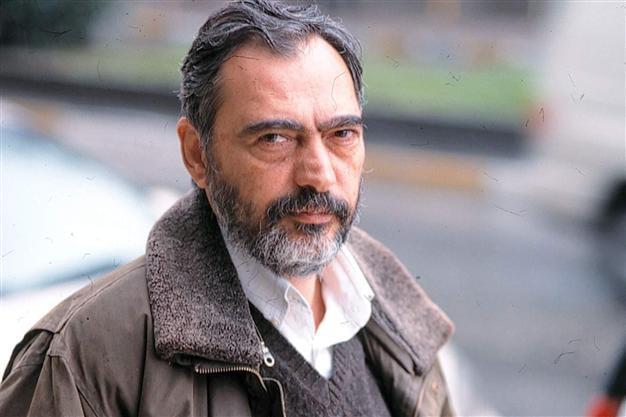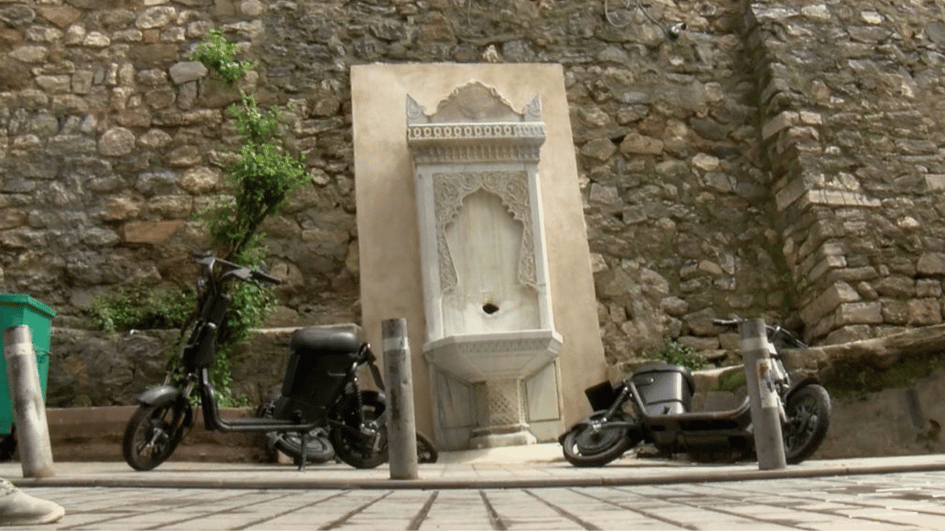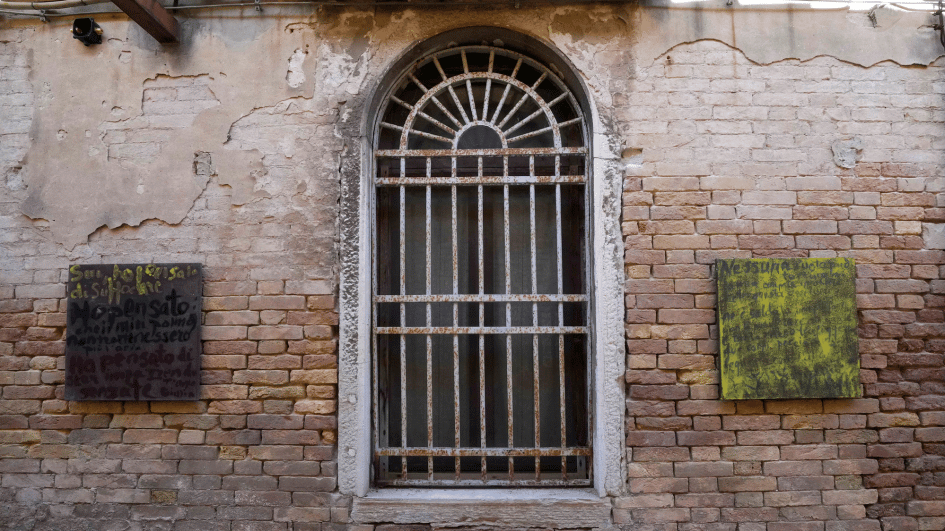Turkey should engage with Armenia, not Armenian diaspora: PM’s adviser
ARBIL – Anadolu Agency

Hürriyet Photo
Turkey should turn the centenary of the 1915 incidents into an opportunity to engage with the Armenian state and society rather than the Armenian diaspora, as the former is more open to dialogue, Turkish prime ministerial adviser Etyen Mahçupyan has said.Mahçupyan said reciprocal steps by Turkey and Armenia on the centenary of the 1915 events would change relations between the two states in a “healing” way, adding that the initial phase should be between Turkey and Armenia, rather than the Armenian diaspora.
“Armenia and its society are more ready to engage in with Turkey than the diaspora. But because we hear the state’s voice and as the state speaks as a state, it seems bold,” said Mahçupyan.
Stating that when one spoke to the people on the streets of Armenia, one could understand that they are seeking closure, Mahçupyan said the same was true for Turkey.
He added that although the two nations were the “children of the same culture” and there was a “longing” between them, the world’s current state system had drawn borders between nations, making inter-state relations more formal and cold.
Commenting on President Recep Tayyip Erdoğan’s invitation to Armenian President Serzh Sargsyan to the ceremonies marking the centenary of the Battle of Gallipoli in Çanakkale in late April, which coincides with the Remembrance Day of the 1915 events, Mahçupyan said the invitation was made to the entire world, including Armenia.
The adviser also said that many Armenians soldiers had died for the Ottoman Empire in Çanakkale, so the ceremony would naturally be of interest to the Armenian state.
“But states might not act with moral responsibilities. They hold a more self-selving and bargaining perspective,” said Mahçupyan, referring to Sargsyan’s decision to decline the invitation.
According to Armenia, up to 1.5 million Ottoman Armenians were killed starting from 1915. Turkey denies that the deaths constituted genocide, saying the toll during the mass deportation of Ottoman Armenians has been inflated and that those killed in 1915 and 1916 were victims of general unrest during the World War I. Many states around the world, however, recognize the events as genocide.
Mahçupyan said relations should be built starting from the informal and societal level, rather than the state-to-state level, suggesting women’s movements in the two countries coming together as an example.
















